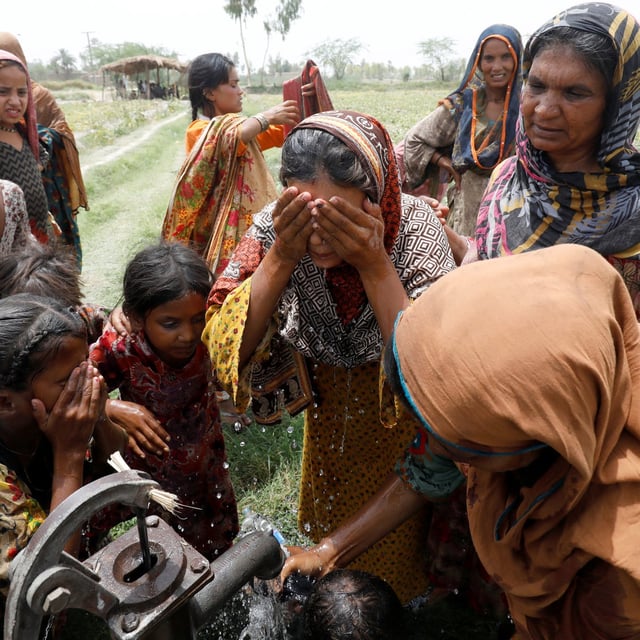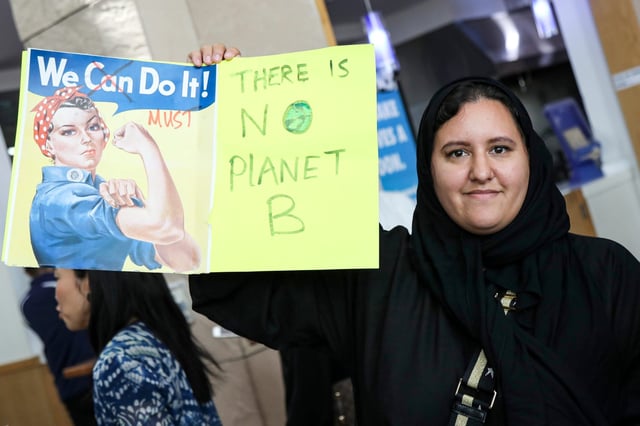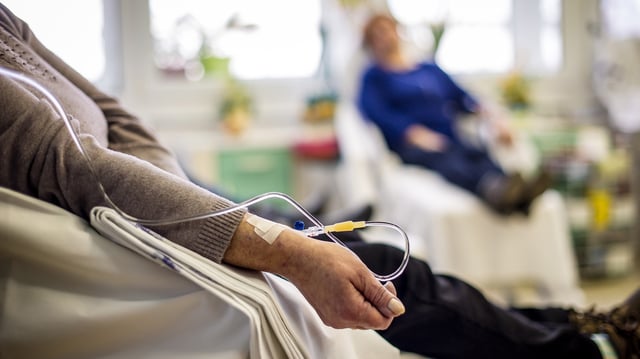Overview
- A study of 17 Middle Eastern and North African countries from 1998 to 2019 found statistically significant links between higher heat and increased breast, ovarian, uterine and cervical cancer rates.
- Every 1 °C increase corresponded to 173–280 additional cancer cases and 171–332 extra deaths per 100,000 women, with ovarian cancer showing the steepest rise and cervical cancer the smallest.
- Cancer prevalence and mortality surged most sharply in Qatar, Bahrain, Jordan, Saudi Arabia, the United Arab Emirates and Syria, reflecting extreme summer heat and local risk factors.
- Researchers attribute the heat-linked cancer spike to multiple pathways, including elevated exposure to carcinogens, disruptions to healthcare delivery and potential cellular effects of warming.
- The authors call for expanded screening programs, climate-resilient health systems and measures to reduce environmental carcinogen exposure to prevent further growth in the cancer burden.



